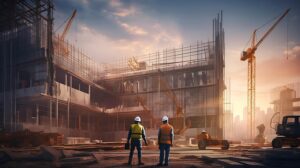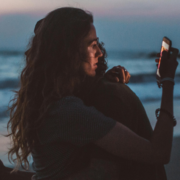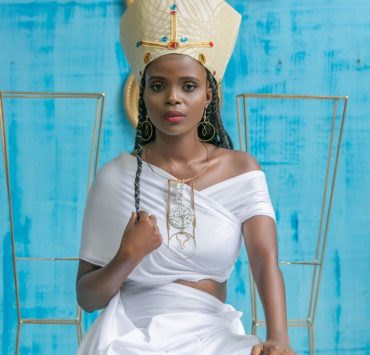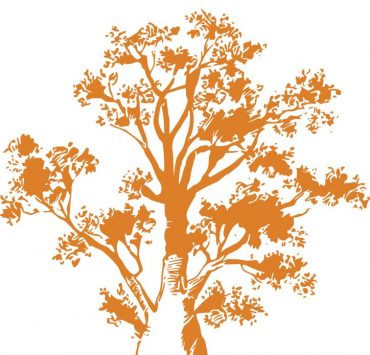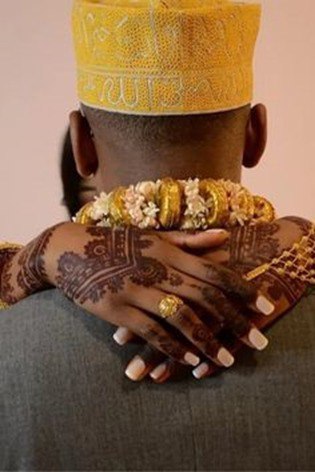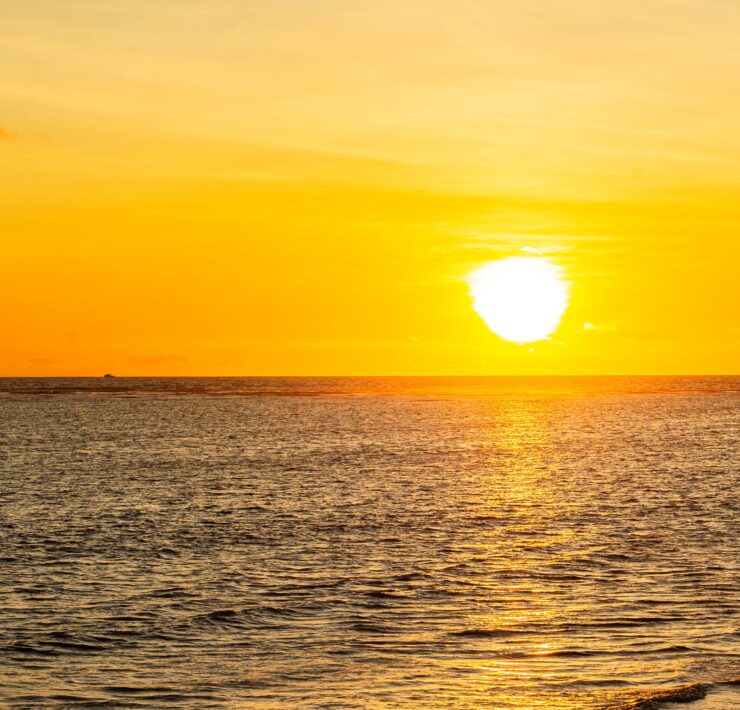AFRIKA: The Dead Bones Shall Rise
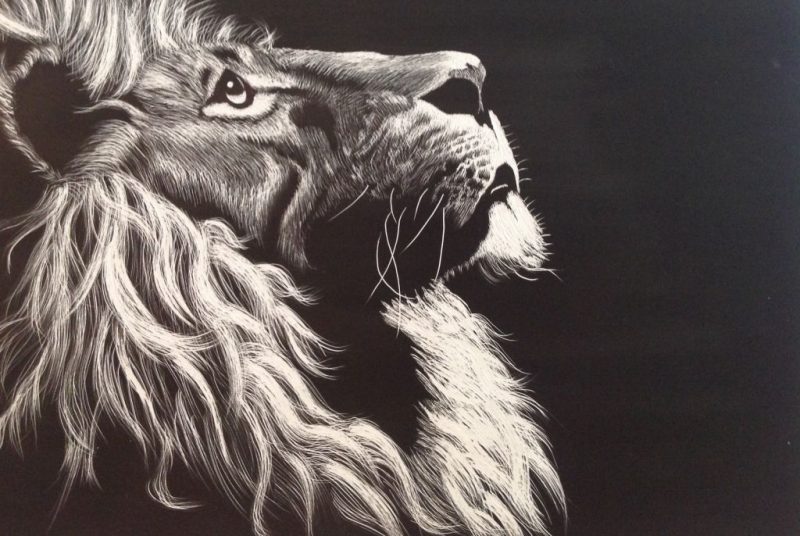
Anselm Adodo is the Director of Africa Centre for Integral…
The Covid-19 pandemic experience is inviting the world to come down to the earth to regain our health. We are people of the earth. The earth is the primary source of our creativity, intelligence, and humanity. Before we set out to calculate, to create, to invent, to fabricate, the earth already was.
Science does not and cannot create. Science only tries to explain nature, to interpret it, manage it, mimic it, control it, exploit it and do all kinds of things with it. People go to school to learn about nature, to understand it, to explain it. They acquire degrees, become experts and professionals and professors in various fields of human knowledge: medicine, physics, chemistry, pharmacy, botany, biology, astronomy, geography, psychology, engineering, architecture, etc. Call it what you wish, describe it as you like, explain it as you want, mystify it as you please, it still boils down to the same thing: NATURE.
One distinctive feature of nature is that it is generous; it is an open book, open for everyone to read and understand. And the more we learn about nature, the wiser we become, and the more our knowledge grows. And the more our knowledge grows, the more our need to know more increases. We must therefore remain close to the earth so that we don’t lose contact with our roots, our origin. Today, faced with globalization, high-technology, and a fast-paced modern lifestyle, we are often tempted to forget our link with the earth, and therefore become DIS-EASED.
In the past, we used to hear about physicians who provide health CARE to the sick. Physicians who genuinely care for the sick. Today, it seems what we have are more of health specialists or professionals, who help us fix our bodies when broken down so that we can keep on moving. Yes, they may have cured us, but do they really CARE? Is health care in the modern world becoming more of a business venture rather than a CARE profession?
Biotech or, Biohealth, is a new modern form of medicine that focuses almost exclusively on using high-tech machines to diagnose diseases, even before they appear in the body. In Biotech, patients are subjected to an endless series of expensive tests, just to detect illnesses that are yet to manifest in the body or to know the nature of already diagnosed ones. Biotech diverts attention from the question ‘How can people prevent illness?’ to focus on ‘How can they pay for treatment?’
Whereas in the past, people go to the hospital when they feel ill, today both the sick and the healthy are advised to head for the hospital to treat diseases that they may suffer from in 5 or 10 years. Has modern medicine abandoned its role as a healthcare provider to become a health scare promoter? Fear is a very effective weapon in the armory of modern medicine. The sick go to the hospital because they are afraid of death, and the healthy go to the hospital because they are afraid of falling sick. One way or the other, we have become prisoners of fear.
Biohealth is not interested in addressing the disparities in wealth, trade imbalance and rich-poor divine in the world communities. Biohealth turns away from the fact that poverty, unfair trade imbalance, poor sanitation, poor nutrition and unbridled monetization of public health, is the root cause of health inequality and poor health in the world, especially in Africa.
Bio health not only treats our diseases, but it often invents diseases and then goes ahead to provide the medication to cure its invention. This medicalization of human life, from infancy to adolescence, pregnancy, middle age, and old age, partly explains the rapid expansion of the medical enterprise in the past 20 years. It is not health for all, but rather health for the rich, who make up 1% of the world population. Health for all, in the language of modern medical capitalism, means the health of the 1% for the 1% and by the 1%.
And what about the botanist and taxonomist who, while gaining a technical knowledge of trees and plants, have lost knowledge of the forest? Or the astronaut who, while becoming an expert in the study of the moon and the stars, has lost knowledge of the sky? Before our very eyes, we observe experts and professionals taking over our lives, controlling it, and forming a powerful clique with a claim to a monopoly of knowledge, and restricting our access to the open book which is nature.
As men and women of goodwill, we must show a keen interest in the quality of advice given to the government by our experts. Is the government getting the right advice concerning health care and how to improve it? Has importation of sophisticated machines into our hospitals in Africa (many of which do not even have mosquito netted windows, regular electricity, and well-trained technicians) translated into more efficient health care and treatment? Does bigger spending translate into better health services? In villages where there are no roads, no electricity, no western-style hospitals, what form of health care should the government put in place? Since the current health system in operation in Nigeria and many African countries has not fully met the health needs of the people, what alternative do we have? Is the government ready and willing to explore and embrace the alternative? Do we honestly believe that the health care model of the developed and industrialized counties of Europe and America is utterly suitable to, or is practicable in Africa?
Africa is bedeviled with a democracy sustained by guns and bullets. A democracy without development.A democracy with rulers without leaders. For so long, we were made to believe that power lies in the hands of those with guns and machine-guns, and they ruled over us with their guns. They terrorized us, intimidated us, stole our money, and sold our God-given natural resources at give-away prices, and we watched them helplessly because they had guns. They told us to vote, only to steal our votes and impose unknown candidates on us, and we watched them helplessly because they had guns. They told us to make sacrifices for the sake of national growth, while they reveled in obscene opulence and showered us with clouds of dust as they drove noisily in long convoys of armed jeeps along our untarred market roads, and we watched them helplessly because they had guns. While the most educated and hardworking of us earn peanuts as wages, they, the ‘powers that be’, approved for themselves outrageous allowances and privileges, and we watched them helplessly because they had guns.

For so long, they raised our hopes with sweet promises and organized lavished conferences and symposia to get us talking. The more we talked, the happier they became. Before we knew it, we had become a nation of committees. In Africa, there are thousands of seminars and conferences on every topic under the earth. If our roofs are leaking, we organize conferences before we mend them. If our houses are on fire, we first organize seminars on how to handle fire-outbreaks before we quench the fire. If a flood is wiping out our towns and villages, we summon a stakeholders’ summit to discuss it even while our children are drowning.
As we were getting tired of their tactics, they employed religious and tribal sentiments to weaken our resolve, our focus, and our will to resist. And to their relief, we willingly swallowed the bait, and began to fight with one another, insult one another, and kill one another.
One day, rather sooner than later, the dead bones shall rise, and we: the commercial motorcycle riders, the wheelbarrow pushers, the palm-wine tappers, the shoemakers, the bricklayers, the banana sellers, the simple ordinary men and women of Edo State, of Nigeria, of Africa, struggling to earn our daily bread; we shall rise and liberate ourselves. We will no longer wait for any savior or depend on the goodwill and benevolence of the rich. We will be the ones to set ourselves free. And to set our continent free. It may be challenging, but one day, we will liberate our communities, our society, our country. We will frustrate them with our resilience. And humiliate them by our determination. No amount of gunpowder and bomb power can match our will, our determination, our dreams. Real power does not lie in the hands of those who hold the gun. The real power lies in the hands of men and women of ideas, of vision, of imagination and of will.
What's Your Reaction?
Anselm Adodo is the Director of Africa Centre for Integral Research and Development, Nigeria and founder of Arica's foremost herbal research Institute, the Pax Herbal Clinic and Research Laboratories (Paxherbals). His research interest is Phytomedicine, Taxonomy of African medicinal plants, indigenous knowledge systems, rural community development, Africanized economic models, health policy reform, and education transformation in Africa. Apart from publications in journals, magazines, national dailies and peer-reviewed journals, Anselm has written more than ten books. He is an adjunct visiting lecturer at the Institute of African Studies, University of Ibadan, Nigeria, an Adjunct Research Fellow of the Nigerian Institute of Medical Research, a Fellow of the Nigerian Society of Botanists, a Research Associate at the University of Johannesburg, South Africa, and an adjunct professor at Morehouse School of Medicine, Atlanta, Georgia, USA.


